On 29 March 2023, the New South Wales Court of Appeal handed down its judgment in the case of Western Sydney University v Thiab [2023] NSWCA 57. The case involved a nursing student, Ms Thiab, whose clinical placements were cancelled by the University in late 2021. Ms Thiab had refused to undergo screening swabs for COVID-19, stating that regular swabbing would cause cancer, and had expressed doubts about the safety and efficacy of COVID-19 vaccinations.
Ms Thiab sought a declaration that the cancellation of her placement contravened section 35 of the Western Sydney University Act 1997 (NSW) (WSU Act), which prohibits religious or political discrimination. The primary judge held that both the cancellation decision and the imposition of disciplinary sanctions against Ms Thiab were unlawful for breach of section 35 of the WSU Act.
On appeal, the Court held that Ms Thiab’s views about COVID-19 vaccinations were not “political” within the meaning of section 35 of the WSU Act. The court concluded that the term “political” in section 35 describes an affiliation, view or belief associated with (including in opposition to) a political party, organisation or sufficiently identifiable political movement, being a body of persons unified and agitating for a change or changes to or implementation of government policy in a particular area or areas. The scope of the word “political” as used in section 35 is not so broad as to apply to all views or beliefs connected with public debate about affairs of government, or the conduct of public affairs. Section 35 is not a guarantor of free speech, and certainly not a guarantor of free speech at large so as to protect, for example, the expression of views or beliefs about scientific or medical matters. The Court also held that it is wrong to impute to Parliament an intention to treat any conscientiously held “moral” or “ethical” belief as “political”. The term is not broad enough to cover all views connected with public debate about government affairs. Additionally, section 35 is not a guarantee of free speech in general, and does not protect views or beliefs about scientific or medical matters.
The Court concluded that in this case Ms. Thiab’s opposition to vaccination was primarily medical and scientific, rather than political. Any references she made to political figures such as Gladys Berejiklian and Dr Kerry Chant were in the context of scientific views they had expressed, and did not constitute political speech.
The case highlights the complexities involved in determining the meaning of the word “political” in the context of anti-discrimination laws. It also dealt with procedural fairness in disciplinary proceedings, and the need for parties to raise all relevant issues in their pleadings should a case be commenced.
Employers are obligated to treat their employees and job applicants fairly, and this includes ensuring that disciplinary processes are carefully implemented with legal oversight. Long Saad Woodbridge’s employment law team has been providing guidance and support to both employers and employees for more than 25 years regarding their obligations to not discriminate against job applicants or employees based on factors such as political views, race, gender, age, religion, or disability during the hiring process or in the workplace.
Our team has also helped employers establish clear and objective disciplinary procedures that provide employees with the opportunity to defend themselves. We have represented clients in the Fair Work Commission and Australian Human Rights Commission, among others, and our experience enables us to provide effective legal support and advice to our clients in various employment law matters.











